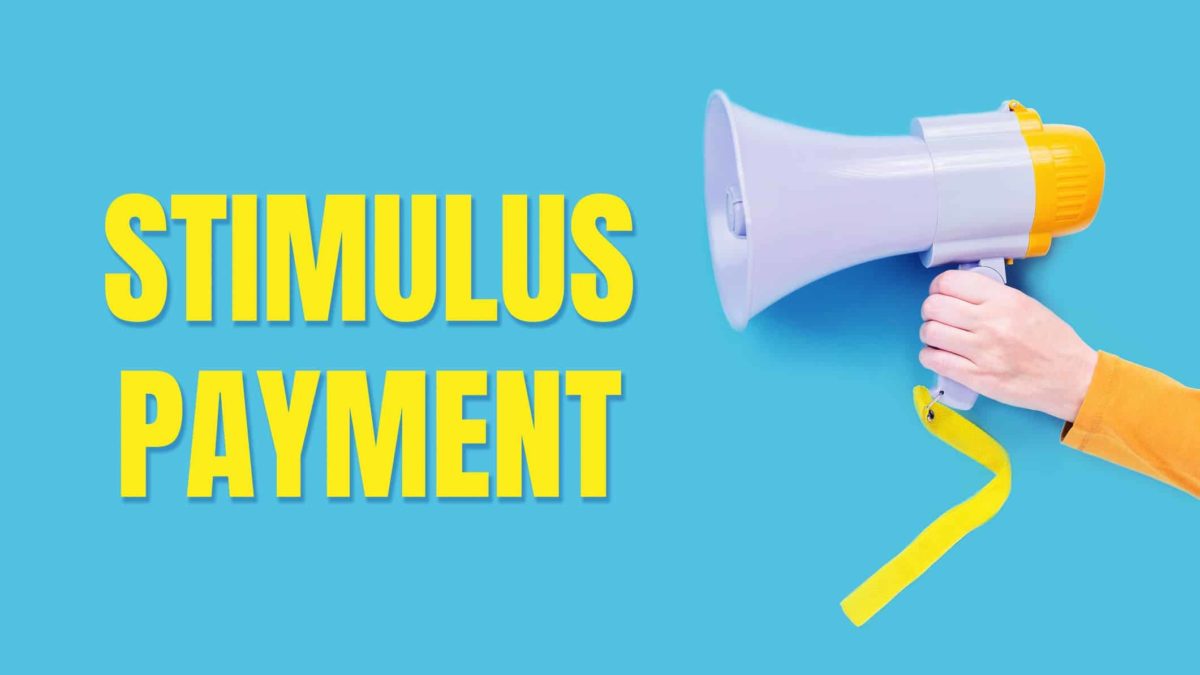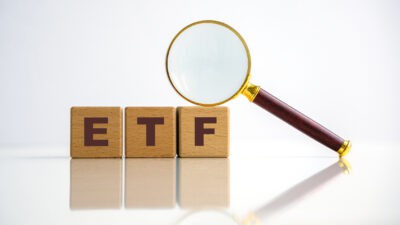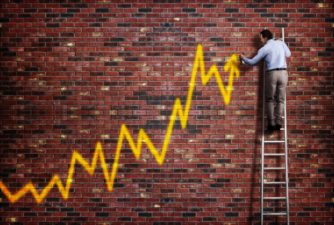Yesterday, we got the news that the United States Congress (the equivalent to our federal parliament) has finally agreed on the deal for a new round of coronavirus stimulus spending. It's the first major coronavirus relief since the almost-US$2 trillion initial package was passed back in March.
Reporting from the Australian Financial Review (AFR) yesterday tells us that the bill will pass into law very shortly, pending the signature of outgoing President Donald Trump. The measures contained in the stimulus bill include a temporary (lasting 10 weeks) US$300 weekly payment to supplement unemployment benefits. As well as US$600 stimulus cheque payments that will go to "most Americans".
The payments will go to all who earn US$75,000 or less, and will "phase out" at income above this level. It also contains additional funding earmarked for schools, healthcare, the postal service, food aid, and renters facing eviction. The package also includes subsidies for "hard-hit businesses", among other things.
The AFR reports that this agreement includes the "largest spending measure yet", presumably referring to the support for businesses. Those measures alone will cost US$300 billion. The entire bill will carry a cost of "almost US$1 trillion" (A$1.3 trillion).
The agreement comes after months of "dysfunction, posturing and bad faith" on both sides of the aisle in Congress. Despite the size of this package, the payments aren't as generous as the previous round. Back in March, Americans received US$1,200 cheques, rather than the US$600 payments they will be sent this time around. However, the report states that Republican lawmakers cited concerns over debt implications as the reason for the less-generous cheques this time.
How will this bill affect the markets?
It's difficult to know if this new round of stimulus will have a medium-to-long-term effect on the US markets (and by extension, our own ASX). The AFR report states that "evidence [is piling] up that the [US] economy is struggling… [as] coronavirus cases and deaths spike". Evidently, investors don't seem to be too concerned about that of late, given that US market indexes like the Dow Jones Industrial Average Index (DJX: .DJI) are pretty much at all-time highs right now.
But on the ASX, the news of the agreement on the stimulus bill didn't do much to stop our own S&P/ASX 200 Index (ASX: XJO) from sliding 0.08% yesterday. Although saying that, Aussie investors were probably more worried about the recent spike in coronavirus cases in Sydney rather than the American stimulus at the time.









